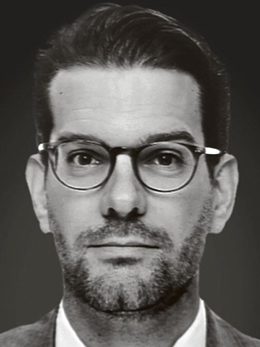Green Left largest party among municipal officials
According to a study by the UG/Campus Fryslân, the Aldermen Association, trainee organization DisGover and the Dutch civil servants' periodical Binnenlands Bestuur
The Green Left party would receive most of the votes from Dutch municipal officials if elections were held right now. This seems to mark the end of a decades-long preference for the labour party PvdA among this group. This is the outcome of a study by Professor Caspar van den Berg of the University of Groningen, in cooperation with the Aldermen Association, trainee organization DisGover and the Dutch civil servants' periodical Binnenlands Bestuur. The 1011 officials who completed the survey constitute a group of respondents that is quite representative of the entire population of municipal officials.
Labour (PvdA) would lose, Green Left and D66 would win.
Previously, most municipal officials almost invariably voted Labour (PvdA). There has been a noticeable shift, however, in recent years. Where one in three officials (29%) still voted Labour (PvdA) in the 2012 General Elections, that number dropped to 21 percent in the municipal elections in 2014 and to 19 percent in the Provincial Council elections in 2015. Currently, only 14 percent of municipal officials intend to vote Labour.
The Green Left party benefits most from this shift, and can now count on 18 percent of the votes of municipal officials. This makes it the number one party for this voter group, closely followed by D66 at 16 percent. Some 55 percent of municipal officials consider themselves ‘somewhat left leaning to very left leaning’ while 29 percent describe themselves as ‘somewhat right leaning to very right leaning’. Municipal officials who consider themselves cosmopolitans (65 percent) considerably outnumber those who see themselves as nationalists (13 percent).
Membership
A striking 97 percent of officials intend to vote in the upcoming municipal elections. This indicates a political commitment exceeding that of the average citizen. This commitment is also reflected by the fact that 22 percent of municipal officials are members of a political party, almost ten times the average in the Netherlands. In the past year, membership of political parties increased from 2 percent to 2.5 percent of the Dutch population.
Switching behaviour
Municipal employees regularly change their voting behaviour. No less than 59 percent indicate mostly voting for the same party but still switching parties sometimes. Sixteen percent even vote for a different party regularly and 2 percent almost every time. Around one quarter (23 percent) of the officials always vote for the same party.

Caspar van den Berg
Prof. Caspar van den Berg (1980) is Professor of Global and Local Governance at the UG/Campus Fryslân. He studied Social Sciences at University College Utrecht, where he received a BSc in 2002, and obtained an MSc in International Relations at the London School of Economics and Political Science in 2003. In 2011 he obtained his PhD from Leiden University with a thesis on the impact of European integration on politics and governance in the Netherlands, France and the United Kingdom. Caspar was a visiting research fellow at Princeton University (USA) in 2013–2014. Prior to his appointment at the UG/Campus Fryslân last autumn, he was Associate Professor at the Leiden University Institute of Public Administration.
More news
-
15 September 2025
Successful visit to the UG by Rector of Institut Teknologi Bandung
